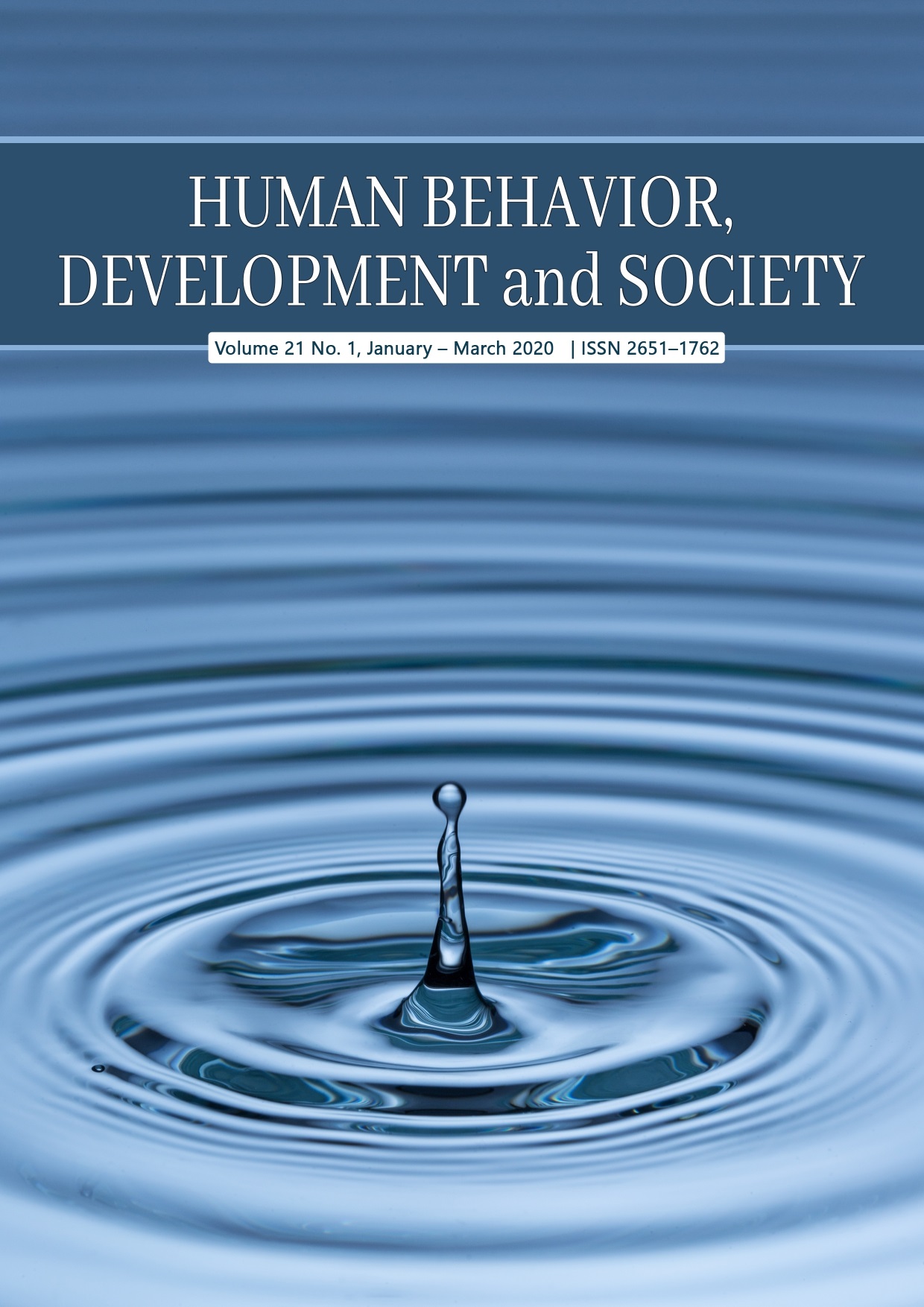Latent Class Analysis of Learning Strategies and Metacognition: Their Effects on Mathematics Performance
Main Article Content
Abstract
This paper aimed to determine the latent classes of learning strategies and metacognitionand their effects on the mathematics performance of selected senior high school students in the Philippines. A total of 1,313 students wasselected using multi-stage clustersampling. A modified questionnaire was used to collect data. Results revealed that afive-class model was the optimal fit model for both learning strategies and metacognition. ANOVA test results revealed that there was a significant difference in the mathematics performance of the students, implying that different types of learning strategies affectedstudentperformance and that the “Control Strategies Group” performed most effectively compared to other groups. On the other hand, the metacognition approaches taken showed no significant differences. In addition, no significant interactions took placebetween learning strategies and metacognition. This means that the two variables behavedindependently,and only the learning strategies affectedrespondents’mathematics performance.
Article Details

This work is licensed under a Creative Commons Attribution-NonCommercial-NoDerivatives 4.0 International License.
Copyright: Asia-Pacific International University reserve exclusive rights to publish, reproduce and distribute the manuscript and all contents therein.
References
Fact Fish Research Made Simple! (2018). Philippines: TIMSS, mathematics, mean performance, grade 8, total. Retrieved from https://www.factfish.com/statistic-country/philippines/timss
Jaafar, W., & Ayub, A. (2010). Mathematics self-efficacy and meta-cognition among university students. Proceedings of International Conference on Mathematics Education Research 2010 (ICMER 2010), Malaysia, 8, 519–524. doi.org/10.1016/j.sbspro.2010.12.071
Lin, S., & Tai, W. (2015). Latent class analysis of students' mathematics learning strategies and relationship between learning strategy and mathematical literacy. Universal Journal of Educational Research, 3(6), 390–395. doi: 10.13189/ujer.2015.030606
Metcalfe, J., & Shimamura, A. (Eds.). (1994). Metacognition: Knowing about knowing. Cambridge, MA: MIT Press.
Organization for Economic Co-operation and Development (OECD). (2017). How does PISA for development measure mathematical literacy? PISA for development 2017. Retrieved from https://www.oecd.org/ pisa/aboutpisa/9-How-PISA-D-measures-math-literacy.pdf.
Organization for Economic Co-operation and Development (OECD). (2018). PISA 2015: PISA results in focus. Retrieved from https://www.oecd.org/pisa/pisa-2015-results-in-focus.pdf
Ozsoy, G. (2011). An Investigation of the Relationship between metacognition and mathematics achievement. Asia Pacific Education Review, 12(2), 227–235. doi 10.1007/s12564-010-9129-6
Schoenfeld, A. H. (1987). What's all the fuzz about metacognition? In A. H. Schoenfeld (Ed.), Cognitive science and mathematics education (pp. 189–215). Hillsdale, NJ: Lawrence Erlbaum Associates.


